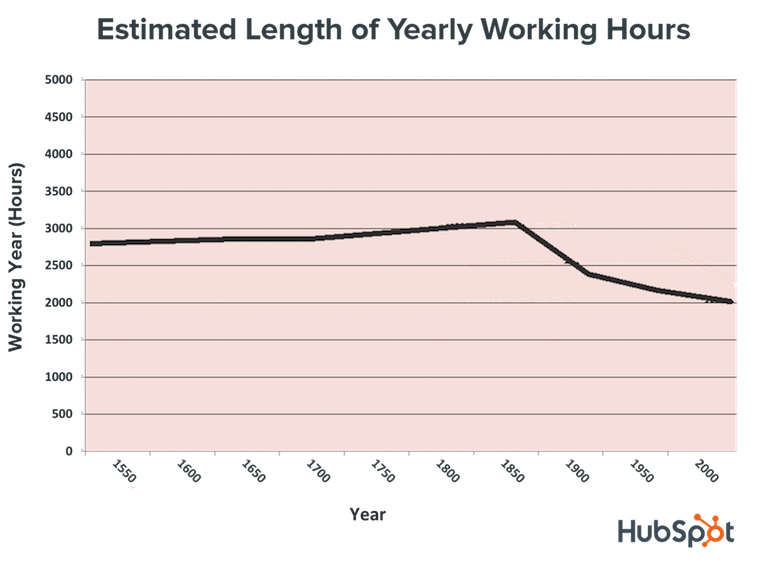 Math seems to be taking over the communications business. Mountains of data, unending analytics tools, statistical modeling, numerical forecasting... Just about every tool in the business is now built around the manipulation of digital data, from spreadsheets to charts and graphs. Coding, processing, interpreting, constructing, displaying. It's all math-based.
Math seems to be taking over the communications business. Mountains of data, unending analytics tools, statistical modeling, numerical forecasting... Just about every tool in the business is now built around the manipulation of digital data, from spreadsheets to charts and graphs. Coding, processing, interpreting, constructing, displaying. It's all math-based.

I see nothing wrong with this revolution in the business. In fact, it has made so much of what we do every day infinitely more simplified. Faster, more visually appealing, more predictable and even fascinating. My issue is that all these numbers traveling around the world at the speed of ‘net gives people the impression that the information is absolute. One is greater than zero — always has been, always will be. Correct? Absolutely.
But, not really. What if the methodology of creating the formula that outputs the number is flawed? Or what if the answer you seek is not something that cannot be calculated through some extremely complex formula? As much as we've come to believe in the value of the formula, perhaps it isn't measuring the right data points. What if there really aren't data points to measure? After all, we are human. We are flawed. No one is perfect, therefore no one can absolutely guarantee that a complex ecosystem of infinitely variable human beings will behave according to a rigid mathematical formula. Never ever.
It is so easy and natural to be sucked into the finality of numbers. We trust those that present statistical data to us, especially when the person presents the solutions as the result of rows and columns of numbers that are "explained" in a few complex charts that they "interpret" for us. We thank them for showing us "the answer" and pay them great sums of money.
Many of us get overwhelmed by complex math. We may have learned it in college, but many of us in this business rarely use these tools enough in our work to quickly grasp the intricate details, the complex formulas, the deciphering of mathematic logic. So, we rely on those that can. We fall into the trap of trusting them because they can rattle off the digits in a way that makes our heads spin. We therefore take for granted that the numbers are correct. What if they’re not? How would we know? We make multimillion dollar decisions based on fuzzy analytic computations, not knowing if the numbers line up as expected. We use the data to back-stop our reasoning, especially if things don't go according to plan.
Then there is the argument that all data is historical, therefore it cannot, by this very implication, be an absolute indication of the future. History is important; knowing what has happened CAN be an indicator of the future. But, "History" and "Future" are two vastly different views.
So, what do you do about it?
The 99 percent, with the 1 percent variable. The human factor. The trust element. The expert with insight. The talent that will see the zig when others believe zag. Maybe the percentage is 85 to 15, or even 15 to 85. I don't know. Does it really matter? That's just the math.
This is who we are. The 1 percent who are willing to go on our experience. Use our gut feelings. Who embrace the 99 percent of the information, and trust our instincts to "see" what may happen. Who experiment with the unpredictable. Who mix up the science with the art. Who strive to see into the future and care enough about our purpose, to will someone else to see things in a new way. Marketers that can capture the essence of the research, then distill a solution that goes beyond the strict adherence of data-driven answers.
Isn't the value of that little one percent as important to solving the problem as the 99 is to defining it? Perhaps even more valuable to success. Coming up with the data can be done by many, but knowing how to use it is what separates the successful from the rest. That one person out of a hundred who can grasp the situation and push us into the unknown. When you find that person (or that team) — hold on to them, support them, pay them well, trust them and, most importantly, listen to them.
I'm sure someone has a calculation to determine the exact percentage. And I'll have to take their word for it. Or not.



![Are You a Micromanager? Take This Quiz to Find Out [Infographic]](https://blog.hubspot.com/hubfs/are-you-a-micromanager.jpeg)

![9 Traits That Define High-Performing Teams [Infographic]](https://blog.hubspot.com/hubfs/00-Blog_Thinkstock_Images/high-performing-team-1.png)



